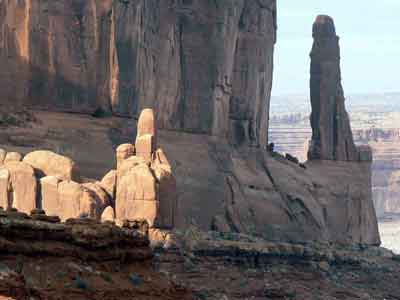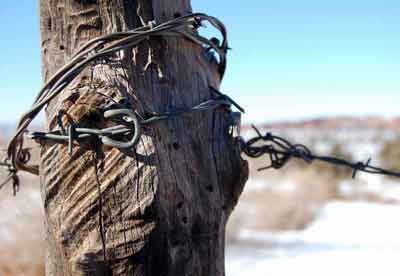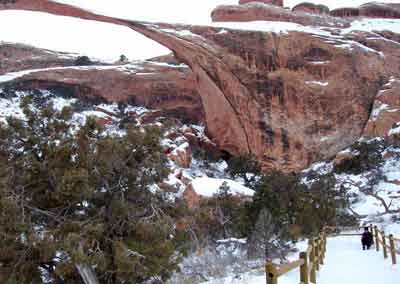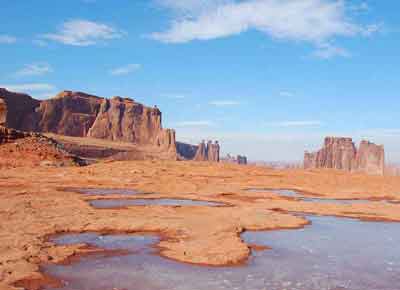I’m really not big on this call for gun control, mostly because it means to further restrict individual liberties, and especially because the outcry is a media induced hysteria of disreputable provenance, aimed at America’s violence junkies instead of its dealers. Really? Is Going Postal the result of a citizenry not having laws enough to control itself? US prisons reflect a conflicting diagnosis.
In tragic synchronicity with the Sandy Hook school shooting which prompted US public calls for gun control, a knife-wielding madman in China assailed twenty schoolchildren with no resulting fatalities, giving rise to perhaps the first time the non-Mongol West has ever thought it glimpsed greener pastures over the Great Wall.
My takeaway from Bowling for Columbine was not “Gun Control Now!” but the toxic volatility of America’s culture of fear-of-violence-mongering and its gun-ho idolatry. Michael Moore called for a stepping up to our responsibilities, not a surrender to dumbassedness. I hold our national arrested adolescence to be a character flaw of pioneer, frontier provincialism, an adaptation of the civilian contractor settlers conscripted for the Westward Expansion, shock troops of the Enlightenment which became the onslaught of industrial capitalism.
Americans are hicks –we celebrate it– who define our personal space with armed borders. For us it’s bombs not education, simplistic fraternal evangelism over scientific sibling-hood, our pretended easy camaraderie really armed detente: trust but verify. Because of course, American frontierism, yet unable to see itself as invasive, from Columbus to Manila Bay, has been imperial for as long as “Yankee” has been a pejorative; Americans blissfully, Disneyfically unaware.
America’s gun problem isn’t just domestic, it’s export. For gun control I’d like to see a ban on production, not consumption. Unlike drugs whose source is organic, the manufacture of weapons is a centralized racket, easily constricted and regulated. The “Gun Show Loophole” is a stop gap for small fry; let’s muzzle the beast itself. And if you think reining in the weapons industry is improbably Herculean, why-ever do you think now is the time for Hercules to dispense with his Second Amendment protection?
Just because the Right to Bear Arms has come to exclude bazookas or drones, doesn’t mean its intent was not to protect our democracy from authoritarianism. If anyone had construed the Second Amendment as a mere hunting license, Theodore Roosevelt’s national parks would have been seen as encroachments on our revolution-conferred sovereign’s right to poach.
Are Americans thinking that democracy is lost because we can’t have bazookas — that the Second Amendment is inapplicable because the high courts adjudge the masses incapable of self-governance? The “well regulated militia” has surely gone the way of the Home Guard or Neighborhood Watch Committee, as our civic nature moved from social to anti, but it doesn’t diminish the need to have minute-men insurgents to counter would-be tyrants. Obviously we’re not talking about Minute Men privateers to whom police departments can outsource xenophobic vigilantism. If Occupy Wall Street proved anything, it lifted the fog on America’s militarized police state. Public gun ownership may be the only incentive law enforcement has to knock before entering American households.
Can you doubt it’s going to take armed resistance to overthrow Mammon? The world is teetering on uprising and already we’re seeing a stalemate on the streets, between unarmed protester and paramilitary police, a draw which upholds the power imbalance between cries for justice versus patronizing injustice. Is leading by nonviolent example going to overcome the sociopaths squeezing their underlings for blood? I’m not saying that hopes for a nonviolent transformation are misplaced, but these disciples of revolutionary pacifism espouse the same religious dogma that always shackled, never delivered, common man. Factoring sociopaths into the norm of “human nature” has been forever holding back aspirations for a harmonious social construct.
Going Postal in China is demonstrably less fatal, owing to China’s mentally imbalanced having resource only to knives. How utopian to imagine a disarmed populace, those greener pastures being a hellhole of forced interned labor. As an open air prison environmental death camp, Gaza’s got nothing on China.














